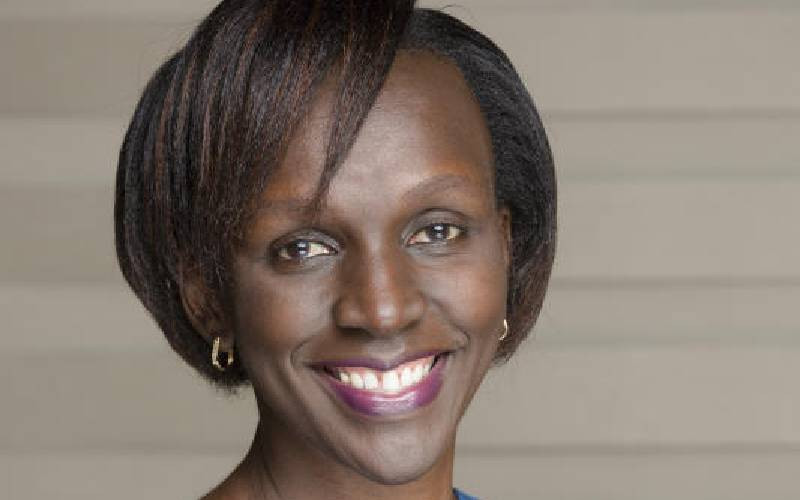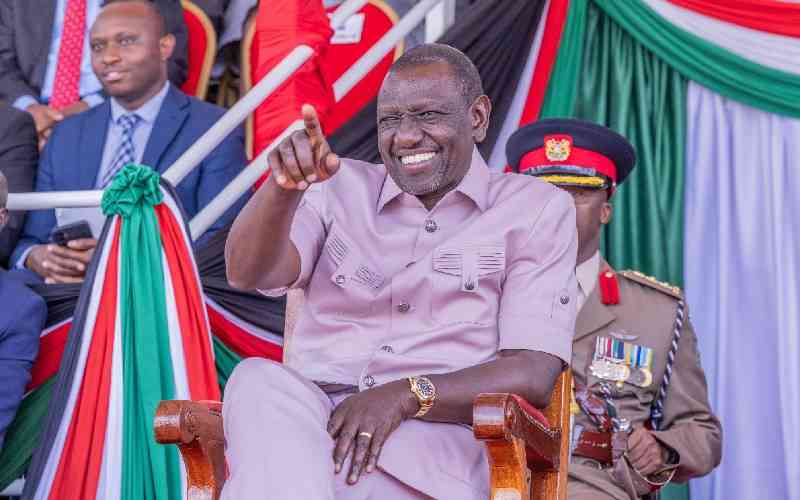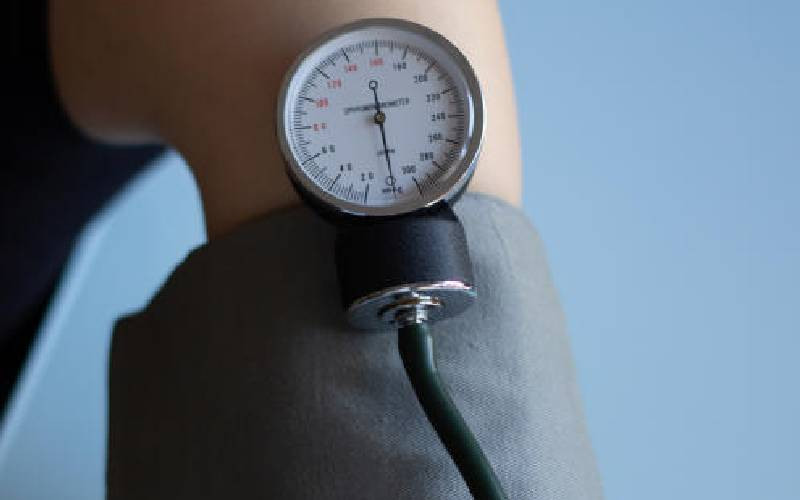
The 21st Century has been characterized as a century of significant lifestyle diseases. According to the World Health Organization (WHO), in 2022, 1 in 8 people were living with obesity. Worldwide adult obesity has more than doubled since 1990, and adolescent obesity has quadrupled.
In Kenya, the Kenya Demographic and Health Survey (KDHS) conducted by KNBS, reported a 10.97 per cent obesity prevalence among adults (15-49 years old)[1]. This paints a grim picture for the future of Kenya’s youth, owing to the medical problems that increase the risk of many other diseases and health problems. In March, the World marks International Obesity Day, a unified day of action that calls for a cohesive, cross-sector response to the obesity crisis. This year, the theme is centred on ‘Let’s Talk about Obesity’, calling all to start cross-cutting conversations.
While reactive measures like weight loss programs have their place, the true answer lies in prevention. It is what we at AAR strongly believe in. Preventative care is more than annual checkups. Regular consultations with healthcare professionals and nutritionists are crucial in equipping Kenyans with personalized dietary plans that cater to their preferences and budgets while maintaining nutritional benefits.
Beyond individual consultations, preventative care should be community-driven. Targeted health fairs within our estates offering body composition analysis, tailored fitness routines, and cooking demonstrations for healthy meals are just the many ways that preventative care can become part of our communities.
This shift requires a collective effort from multiple stakeholders; from the government to healthcare providers to the media, all of us have a role to play. The government needs to prioritize accessible preventative care services, creating policies that allow this approach to thrive. Collaborating with Healthcare providers and outpatient centres is just but one of the ways to drive this.
Healthcare providers and outpatient centres need to embrace a holistic approach, focusing on preventative measures as much as reactive treatments. There is a need for these players to integrate community outreach and education programs to ensure those within the communities they operate in are empowered to make the right decisions for themselves and their families in the fight against obesity.
Media can play a vital role in promoting healthy lifestyle choices and dispelling the myths surrounding obesity while empowering the public with relevant information. Their role in shaping public perception is critical in providing spaces for conversations on wellness to be heard and had.
Ultimately, the fight against obesity is not just about aesthetics, it is about a culture of well-being, prioritising preventative care, of empowering Kenyans across demographics to make healthier choices and creating a healthier future for generations to come.
The author is General Manager, AAR Healthcare
 The Standard Group Plc is a
multi-media organization with investments in media platforms spanning newspaper
print operations, television, radio broadcasting, digital and online services. The
Standard Group is recognized as a leading multi-media house in Kenya with a key
influence in matters of national and international interest.
The Standard Group Plc is a
multi-media organization with investments in media platforms spanning newspaper
print operations, television, radio broadcasting, digital and online services. The
Standard Group is recognized as a leading multi-media house in Kenya with a key
influence in matters of national and international interest.
 The Standard Group Plc is a
multi-media organization with investments in media platforms spanning newspaper
print operations, television, radio broadcasting, digital and online services. The
Standard Group is recognized as a leading multi-media house in Kenya with a key
influence in matters of national and international interest.
The Standard Group Plc is a
multi-media organization with investments in media platforms spanning newspaper
print operations, television, radio broadcasting, digital and online services. The
Standard Group is recognized as a leading multi-media house in Kenya with a key
influence in matters of national and international interest.









